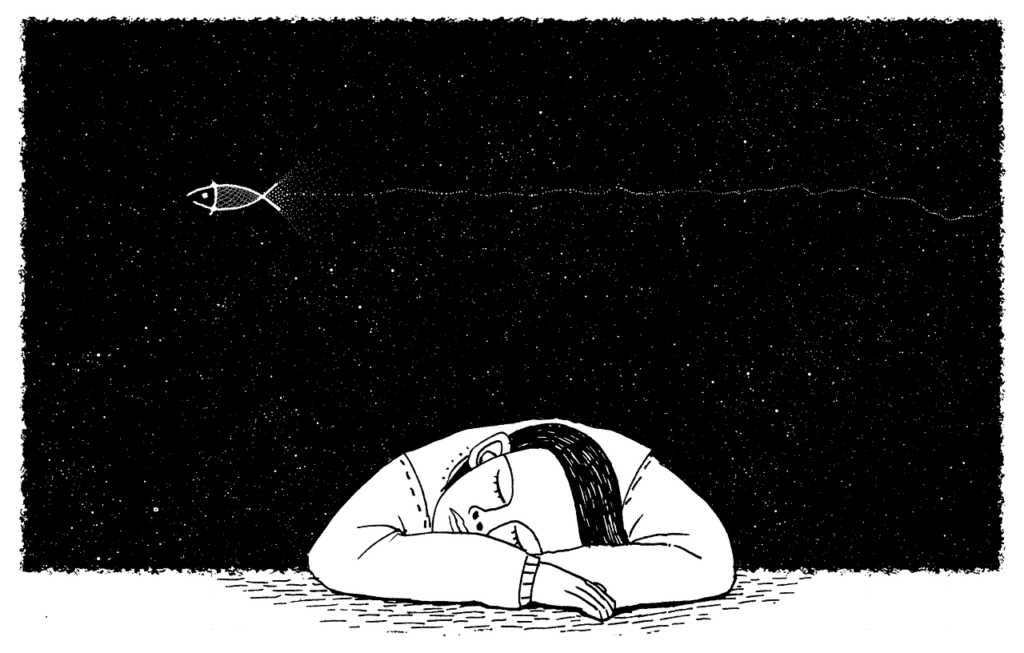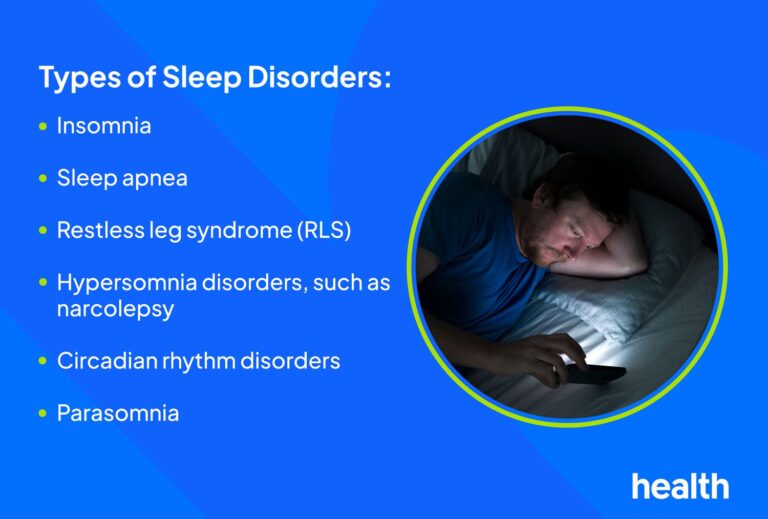Unlock the Magic of Restful Nights: Where Dreams Meet Rejuvenation

Embark on a journey to unlock the magic of restful nights and experience the blissful rejuvenation that comes when dreams meet a peaceful slumber. In today’s fast-paced world, sleep disorders have become a prevalent issue, impacting both our health and productivity. Vector Sleep Clinic understands the challenges these disorders present and offers licensed, insured, and reliable solutions. From insomnia to sleep apnea, these conditions can result in serious health issues, including heart attacks, strokes, and high blood pressure. By considering a sleep study at Vector Sleep Clinic, you can find comprehensive care tailored to your specific needs, ensuring a restful night’s sleep and a healthier, more vibrant life.
Sleep Disorders: Understanding the Problem
Sleep disorders have become increasingly prevalent in today’s fast-paced life, affecting many individuals and negatively impacting their health and productivity. It is important to have a clear understanding of what sleep disorders entail in order to address them effectively. Common types of sleep disorders include insomnia, sleep apnea, restless leg syndrome, and hypopnea. These disorders can pose serious risks to one’s health, such as an increased likelihood of heart attacks, strokes, high blood pressure, car accidents, problems at home or work, sexual dysfunction, and obesity.
Why Should You Consider Completing a Sleep Study?
If you suspect that you may have a sleep disorder, it is crucial to consider completing a sleep study. A sleep study, also known as a polysomnogram, is a comprehensive evaluation that examines various aspects of your sleep. This assessment is of utmost importance as it helps healthcare professionals diagnose and determine the most appropriate course of treatment for your specific sleep disorder.
Untreated sleep disorders can have severe health consequences. They have been linked to an increased risk of heart attacks, strokes, high blood pressure, car accidents, problems at home or work, sexual dysfunction, and obesity. By completing a sleep study, you can identify and address any underlying sleep disorders, reducing the potential health risks associated with untreated conditions.
This image is property of pixabay.com.
Our Solution: Comprehensive Care for Restful Sleep
At Vector Sleep Clinic, we take pride in offering comprehensive care for restful sleep. Our clinic is fully licensed and insured, ensuring that you receive reliable and trustworthy services. We understand the importance of uninterrupted sleep and its impact on overall well-being.
Our approach to diagnosing sleep disorders is thorough and tailored to each individual. We begin with a detailed assessment of your sleep history and symptoms. This is followed by a comprehensive sleep study, conducted in a comfortable and controlled environment at our clinic. Our team of experienced professionals will analyze the collected data and provide you with an accurate diagnosis.
Once your sleep disorder has been diagnosed, we offer a range of treatment options tailored to your specific needs. These treatment options may include lifestyle modifications, cognitive-behavioral therapy, medical interventions, or a combination of approaches. We prioritize your comfort and well-being throughout the treatment process.
Benefits of Restful Sleep
Restful sleep is essential for maintaining overall health and well-being. When you consistently get enough quality sleep, you can experience a multitude of benefits.
One of the primary benefits of restful sleep is its positive impact on cognitive function and productivity. Adequate sleep enhances attention, concentration, problem-solving skills, and memory. It promotes optimum brain functioning, allowing you to perform at your best during the day.
In addition to cognitive benefits, restful sleep also plays a crucial role in enhancing emotional well-being. Lack of sleep can contribute to mood disturbances, irritability, anxiety, and depression. By prioritizing and achieving restful sleep, you can experience improved emotional regulation, increased resilience to stress, and an overall sense of well-being.
This image is property of pixabay.com.
Creating a Restful Sleep Environment
Creating an optimal sleep environment is essential for achieving restful sleep. Your bedroom should be a sanctuary of calm and relaxation, promoting a peaceful sleep experience. Consider the following tips for optimizing your bedroom for better sleep:
-
Keep your bedroom cool, quiet, and dark. Use curtains or blinds to block out external light sources and consider using earplugs or sound-cancelling machines to reduce noise disturbances.
-
Choose a mattress and bedding materials that are comfortable and supportive. Find a pillow that suits your sleeping position and preferences. Experiment with different textures and materials to find what works best for you.
-
Minimize electronic devices in the bedroom. The blue light emitted by screens can disrupt your sleep-wake cycle, making it harder to fall asleep. Create a screen-free zone in your bedroom to promote relaxation and better sleep.
Establishing a Bedtime Routine
Establishing a consistent bedtime routine can greatly improve your sleep quality. A routine helps signal to your body and mind that it is time to wind down and prepare for sleep. Consider the following tips for establishing a bedtime routine:
-
Set a regular bedtime and wake-up time, even on weekends. This helps regulate your body’s internal clock and promote a more consistent sleep pattern.
-
Engage in relaxation techniques before bed to promote sleep. This may include activities such as reading a book, taking a warm bath, practicing deep breathing exercises, or listening to calming music.
-
Avoid stimulants before bed, such as caffeine and nicotine, as they can interfere with your ability to fall asleep. Opt for herbal teas or decaffeinated beverages instead.
This image is property of pixabay.com.
Natural Remedies for Better Sleep
In addition to lifestyle modifications and medical interventions, there are also natural remedies that can aid in achieving better sleep. Consider the following options:
-
Herbal supplements and teas such as chamomile, valerian root, and lavender have been used for centuries to promote sleep and relaxation. Consult with a healthcare professional before incorporating any herbal remedies into your routine.
-
Essential oils, such as lavender and bergamot, can be diffused or applied topically to promote relaxation and improve sleep quality. Ensure that you are using high-quality essential oils and follow proper usage guidelines.
-
Homeopathic remedies, such as coffea cruda or nux vomica, are often used to address specific symptoms of insomnia. Consult with a homeopathic practitioner for personalized advice.
Digital Detox: Unplugging for Better Sleep
The use of electronic devices, particularly before bed, can have a detrimental impact on your sleep quality. The blue light emitted by screens suppresses the production of melatonin, a hormone that regulates sleep-wake cycles. Consider implementing the following strategies for a digital detox:
-
Create screen-free zones and times in your home, particularly in the bedroom. Avoid using electronic devices for at least an hour before bed to allow your body to unwind and prepare for sleep.
-
Engage in alternative activities before bed that promote relaxation and calm. This may include reading a book, engaging in a hobby, practicing yoga or stretching, or spending time with loved ones.
Exercise and Sleep
The relationship between physical activity and sleep is closely intertwined. Engaging in regular exercise can have a positive impact on sleep quality and duration. Consider the following guidelines when incorporating exercise into your routine:
-
Aim for moderate-intensity aerobic exercise, such as brisk walking, jogging, cycling, or swimming, for at least 150 minutes per week. This will help promote restful sleep.
-
Avoid vigorous exercise close to bedtime, as it can stimulate the body and make it harder to fall asleep. Allow for a cool-down period after exercising to let your body relax before bed.
-
Find a timing and duration of exercise that works best for you. Some individuals find morning exercise energizing, while others prefer afternoon or evening workouts. Listen to your body and adjust accordingly.
Mindfulness and Sleep
Practicing mindfulness can greatly contribute to better sleep. Mindfulness involves being fully present in the moment and paying attention to your thoughts, feelings, and bodily sensations without judgment. Incorporate the following mindfulness techniques into your bedtime routine:
-
Engage in a meditation practice before bed to calm a restless mind. This can involve focusing on your breath, repeating a calming mantra, or guided meditation.
-
Practice body scan exercises, where you systematically relax each part of your body from head to toe. This helps release tension and promotes a sense of relaxation.
-
Incorporate mindfulness throughout the day by tuning into your senses during daily activities. By practicing mindfulness during waking hours, you can cultivate a calmer state of mind that transitions into restful sleep.
In conclusion, understanding sleep disorders and the impact they have on our health and productivity is crucial. Completing a sleep study at Vector Sleep Clinic is a proactive step towards diagnosing and treating any underlying sleep disorders. By prioritizing restful sleep, optimizing your sleep environment, establishing a bedtime routine, exploring natural remedies, practicing a digital detox, incorporating exercise, and embracing mindfulness, you can unlock the magic of restful nights and rejuvenate your mind and body for a healthier and happier life.











